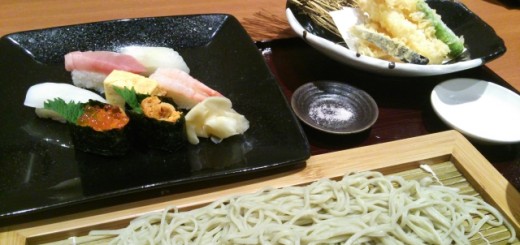Phrasing “〜がじょうず(〜ga jyouzu)” and “〜がへた(〜ga heta)” with native Japanese voice (N5 level)
Let’s study phrasing “〜がじょうず(〜ga jyouzu)” and “〜がへた(〜ga heta)” in this post.
This is N5 level in JLPT. JLPT is
(JLPT is short for Japanese Language Proficiency Test, 日本語能力試験 and recognized passport to show your Japanese language ability. You may take test in July and December.)
Phrasing “〜がじょうず(〜ga jyouzu)” and “〜がへた(〜ga heta)” are often used in conversation and this phrasing makes conversations more fun.
〜がじょうず(〜ga jyouzu) is equivalent of “be good at〜” in English.
In other words in other Japanese, ~がうまい(〜ga umai) is also is equivalent of “be good at〜” in English.
On the other hand, 〜がへた(〜ga heta) is equivalent of “be not good at” in English, a phrase with opposite meaning of 〜がじょうず(〜ga jyouzu).
Phrasing “〜がじょうず(〜ga jyouzu)”
Main usage is “be good at” in English.
You may talk your strong point with this phrasing.
Formation for 〜がじょうず
① 〜verb (dictionary form) のが じょうず だ
② 〜verb (dictionary form) ことが じょうず だ
③ noun が じょうず だ
⇒ In case you are good at playing tennis, you may say, all sentences bellow are same meaning.
① テニスする のが じょうず だ
② テニスする ことが じょうず だ
③ テニスが じょうず だ
Example for 〜がじょうず(〜ga jyouzu)
A) Marcoさんは、日本語を話すのが上手ですね。
(Marco san ha, nihongo wo hanasu no ga jyouzu desune. )
(I think Marco san is good at speaking Japanese.)
⇒In this sentence, I want to say “Marco san speaks Japanese very well.
Phrasing “〜がへた(〜ga heta)”
Main usage is “be not good at” in English.
You may talk your weak point with this phrasing.
Formation for 〜がへた
① 〜verb (dictionary form) のが へた だ
② 〜verb (dictionary form) ことが へた だ
③ noun が へた だ
⇒ In case you are not good at cooking, you may say, all sentences bellow are same meaning.
① 料理する のが へた だ
② 料理する ことが へた だ
③ 料理が へた だ
Example for 〜がへた(〜ga heta)
B) 私は人前で話をすることがへただ。
(Watashi ha hitomae de hanashi wo surukoto ga hetada.)
(I am not good at speaking in public.)
⇒In this sentence, I want to say my weak point is speaking in public.
How was this post?
This is article about Grammar for N5 level.
50 ponts to be mastered in grammar for N5 in JLPT
If you like this or feel this is useful, please share on Facebook and retweet on Twitter!
If you wanna join Leo Sensei’s group on Facebook, click Facebook mark on top or bottom and send friend request to me. You can get updated information and ask me freely about Japanese language and culture and so on.




















